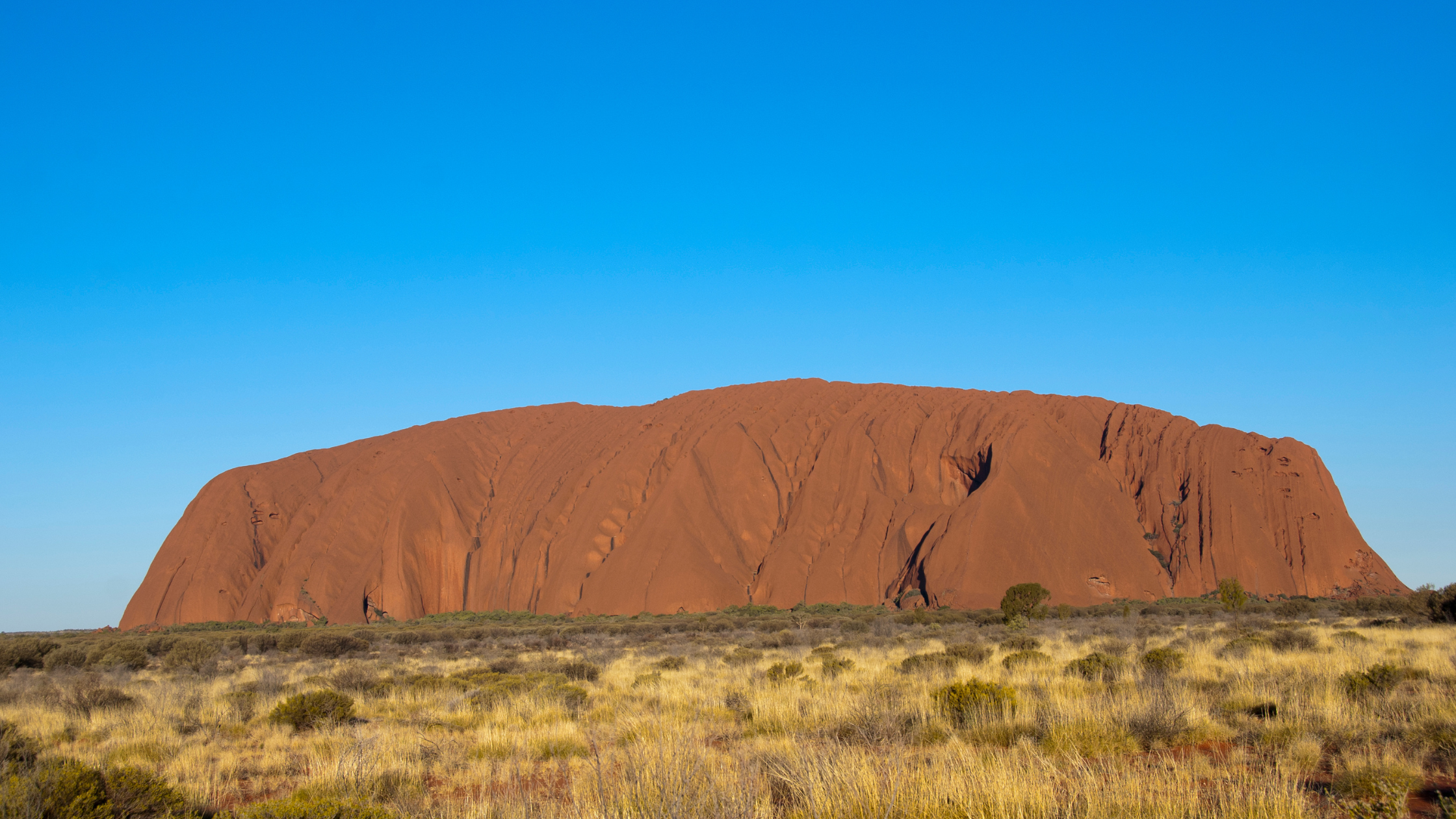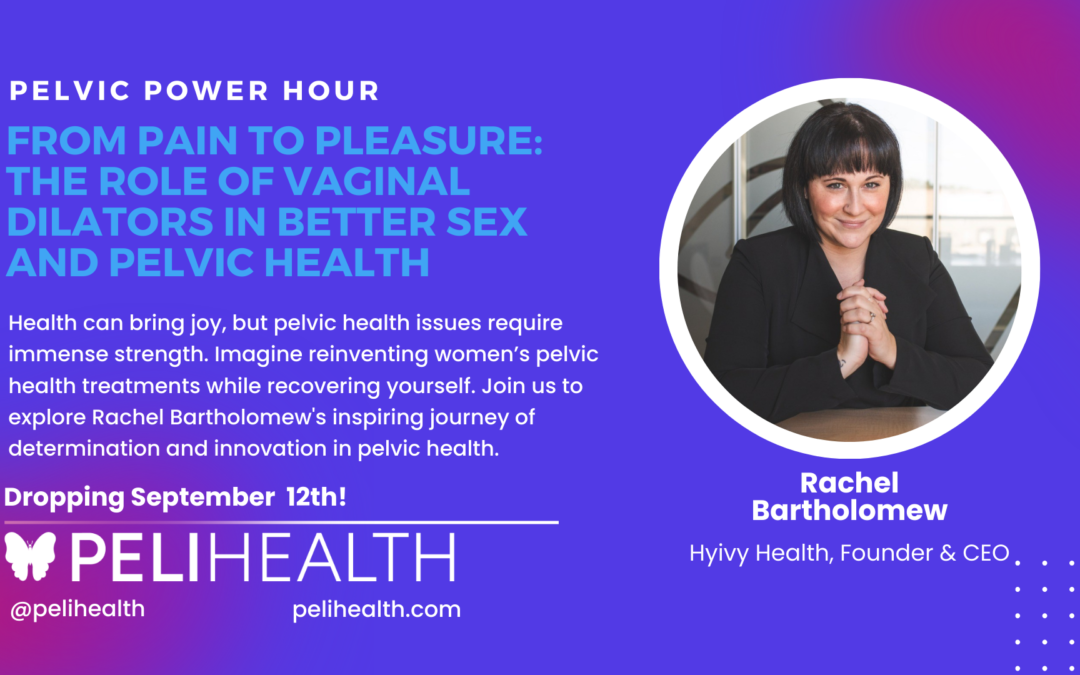The Short Story
- Up to 45% of postmenopausal women experience vaginal dryness, which can lead to itching, burning, and painful intercourse.
- Pelvic physical therapy and vaginal estrogen therapy can help improve muscle tone, blood flow, and lubrication in the pelvic region.
- Avoid lubes that contain glycerin or parabens, and opt for water-based or specifically-formulated lubes for dryness.
- Drinking plenty of water and avoiding things that can lead to dryness, such as hot baths and harsh soaps, can also help combat vaginal dryness.
The Deep Dive
As women, we all know that our bodies go through a lot of changes throughout our lives. And let’s be real, some of those changes can be pretty uncomfortable. One of the most common complaints during perimenopause and menopause is vaginal dryness. But fear not, ladies! There are plenty of ways to combat this annoying symptom and keep things running smoothly (pun intended).
First, let’s talk about some facts and figures. According to a study by the North American Menopause Society, up to 45% of postmenopausal women experience vaginal dryness. And it’s not just a minor annoyance—vaginal dryness can lead to itching, burning, and even painful intercourse. But there’s hope! There are several pelvic therapies that can help alleviate these symptoms.
One option is pelvic physical therapy, which can help improve muscle tone and blood flow to the pelvic region. This can lead to increased lubrication and reduced pain during intercourse. Another option is vaginal estrogen therapy, which can help increase the thickness and elasticity of the vaginal walls. This can also lead to improved lubrication and less pain during intercourse.
But what about more immediate relief? There are plenty of lubes out there that can help keep things slick and comfortable. But be careful—not all lubes are created equal. Lubes that contain glycerin or parabens, can lead to irritation and itching. Instead, opt for lubes that are water-based or formulated specifically for women experiencing dryness.
In addition to these therapies and lubricants, you can make a few lifestyle changes to help combat vaginal dryness. Drinking plenty of water and staying hydrated can help to keep things lubricated from the inside out. And try to avoid things that can lead to dryness, such as hot baths and harsh soaps.
So, with a little bit of knowledge and a few simple changes, you can keep the dryness at bay and enjoy all the fun and pleasure that comes your way.
Source:
- https://www.menopause.org/for-women/sexual-health-menopause-online/sexual-problems-at-midlife/pain-with-penetration
- https://www.webmd.com/menopause/menopause-comfortable-sex
Disclaimer: Pelvic issues are serious conditions and should be treated accordingly. Peli health’s attempt at making the tone funny is to lighten the mood and help the reader feel more relaxed when reading about this subject. We are not medical doctors. We do not diagnose illness. The information on this site is provided for educational and informational purposes only and is not intended or implied to be a substitute for professional medical advice, diagnosis, or treatment. nor does it constitute providing medical advice or professional services. Always seek the advice of your doctor or other qualified health provider regarding a medical condition.


